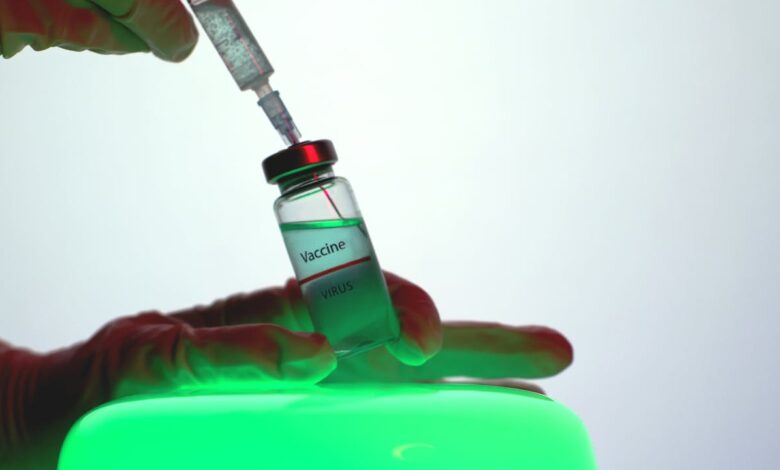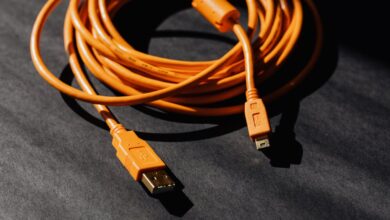Delta-8 THC and Drug Testing: Separating Facts from Myths

What is Delta-8 THC?
Delta-8 THC is a cannabinoid derived from the hemp plant, and it has gained significant attention recently. Often touted for its milder psychoactive effects compared to Delta-9 THC, this compound is setting trends in both recreational and medicinal cannabis markets. Given its rising popularity, many wonder does Delta 8 show up on a drug test.
The short answer is yes, it potentially can, and understanding the nuances of how drug tests detect this cannabinoid can help users make informed decisions about its use. While Delta-8 THC binds to the body’s endocannabinoid system similarly to Delta-9 THC, it produces less intense psychoactive effects, making it a preferable option for those seeking a mild experience. However, despite its benefits, it’s crucial to be aware of its potential repercussions, especially in environments where drug testing is stringent.
Types of Drug Tests and Their Sensitivity
Different drug tests vary in their sensitivity towards Delta-8 THC. Knowing which type of drug test you might encounter can help you better prepare and understand your risks. Common types of tests include:
- Urine Tests: Most commonly used in both legal and employment settings, urine tests can detect THC metabolites for days or even weeks after use. The sensitivity of urine tests means that even sporadic use of Delta-8 THC can be traced, posing a risk for individuals subject to regular testing.
- Blood Tests: Blood tests are less common but are typically used in post-accident scenarios or as part of medical examinations. Compared to urine tests, blood tests detect THC for a shorter period, usually from a few hours up to a few days. However, the window can extend depending on the frequency and quantity of Delta-8 THC consumed.
- Hair Tests: Hair follicle tests are rare but are highly effective for detecting long-term use. They can show THC presence for up to 90 days, making them suitable for comprehensive background checks where an employer wishes to know a person’s substance use history.
- Saliva Tests: These are often used for roadside testing or quick checks, detecting THC within the window of a few hours to a day after usage. They are generally considered less invasive and quicker to administer, but their detection period is much shorter.
Factors Influencing Detection Time
The amount of time Delta-8 THC stays in your system can vary based on several factors. These variables determine how quickly your body can process and eliminate the compound:
- Metabolism: Individuals with faster metabolisms can process and expel THC more quickly. This means that factors such as age, activity level, and overall health play crucial roles in the duration THC remains in your system.
- Frequency of Use: Regular users often have longer detection windows because THC accumulates in the body over time. Occasional users may find that THC is expelled more quickly, whereas daily users will see a slower reduction in detectable levels.
- Body Fat: THC is fat-soluble, which can linger longer in individuals with higher body fat. Lipophilic compounds like THC bind to fatty tissues, which prolongs the duration they remain detectable in the system.
- Hydration Levels: Staying hydrated can sometimes dilute urine samples, affecting test results. While this method is not a foolproof method to evade detection, proper hydration can influence the concentration of THC metabolites in urine.
Legal Implications of Delta-8 THC Use
While Delta-8 THC is legal in several states, it’s essential to understand the federal and local regulations governing its usage. Misunderstanding the legal landscape can lead to unintended consequences, especially for employed individuals subject to workplace drug policies. This discrepancy between state and federal laws can put consumers in precarious situations, particularly in states where Delta-8 THC is legal but their workplace enforces federal guidelines.
Impact on Career and Employment
With the rise of drug testing in professional environments, being informed about workplace policies and federal guidelines is crucial. Delta-8 THC might be detectable as Delta-9 THC in some tests, which could result in failed drug tests and, consequently, job consequences.
Many employers adhere to federal regulations requiring a drug-free workplace, and the presence of Delta-8 THC could trigger a positive result. This is particularly concerning for individuals in sensitive professions such as healthcare, transportation, and education, where strict drug policies are often enforced. Understanding your rights and the policies of your workplace can help mitigate risks associated with Delta-8 THC usage.
How to Approach Delta-8 THC Use
If you choose to use Delta-8 THC, consider these precautions:
- Always check local laws and workplace policies on THC usage. Knowing the specific regulations in your area can prevent legal issues and help you make informed decisions about when and how to use Delta-8 THC.
- Understand the type of drug tests you might be subject to and their detection windows. This knowledge will allow you to gauge when it’s safe to use Delta-8 THC if you have upcoming screenings.
- Stay updated with scientific research concerning Delta-8 THC and drug testing. As new findings emerge, they can provide valuable insights into how these tests evolve and what to expect.
Final Thoughts
While Delta-8 THC offers many potential benefits, being aware of its implications for drug testing is crucial. Stay educated and make informed decisions to navigate this evolving landscape effectively. Whether you are a casual user or someone utilizing Delta-8 THC for medical purposes, knowing the potential impacts on drug tests and legal standings will help you use this cannabinoid responsibly.



